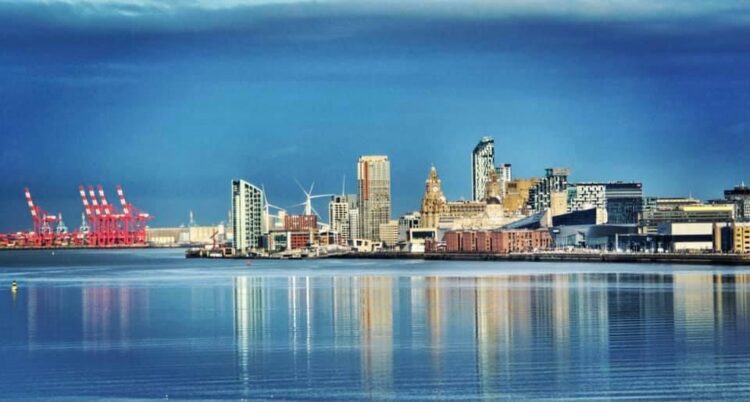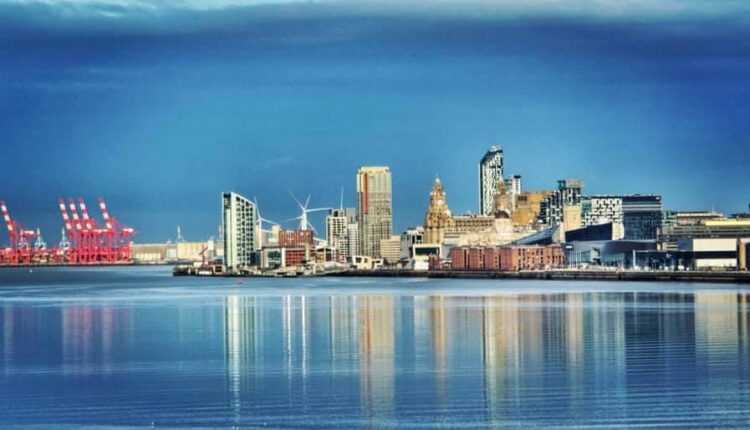New report from Avison Young says freeport status and the life sciences sector could be critical to Liverpool city region’s post-COVID-19 recovery. Tony McDonough reports

A Liverpool city region freeport could be a key driver of the recovery of the local economy following the COVID-19 pandemic, a new report claims.
And the study, carried out by property consultancy Avison Young also says Liverpool’s growing reputation as a centre for excellence for life sciences could also help accelerate growth in 2021 and beyond.
Avison Young’s 2021 Forecast Liverpool is part of a series of city reports, which explores the evolving realities of the UK commercial property landscape in the coming year. The report highlights key trends affecting Liverpool, informed by data-based insights.
Freeports are designated zones where normal tax and customs rules do not apply. These can be airports or other hubs as well as maritime ports. At a freeport, imports can enter with simplified customs documentation and without paying tariffs.
The Port of Liverpool had freeport status until 2012 when they were abolished by the coalition Government. The current Government is committed to creating at least 10 reports around the UK and has invited areas to bid. LBN understands the Liverpool city region will bid to create a freeport zone covering both sides of the River Mersey.
Locally, the idea has the support of Port of Liverpool owner, Peel Ports, as well as industry body Mersey Maritime. A report by consultancy Mace in 2019 estimated a freeport could add £739m to Liverpool city region’s economy every year – equivalent to £1,500 for every household – and would see the creation of 12,000 high-value jobs.

Avison Young’s latest report says a local freeport would provide “advantageous tax conditions, potentially providing a catalyst for development opportunities in the immediate and surrounding areas”.
It added that possible increased post-Brexit transatlantic trade could also boost economic growth. The Port of Liverpool is already gearing up for increased trade with a £140m upgrade for the Liverpool2 deep water container terminal.
Liverpool’s expanding knowledge quarter (KQ Liverpool) also offers significant potential, the new report says. KQ Liverpool is overseeing a £2bn expansion of the area, which is already home to a number of world-renowned leaders in infectious disease, digital health and advanced manufacturing.
READ MORE: Knowledge quarter offers business referral rewards
It could play a “critical” role in attracting new investment into Liverpool, the report states. The Government has also committed to moving 22,000 civil service jobs out of London and – aligning with Liverpool’s strengths in life sciences – the likes of NHS England has been identified as a potential new mover to the city.
It also identifies other opportunities for increased inward investment such as the increased reshoring of call centres, as businesses with overseas offices look to bring operations back to the UK due to challenges being faced during the pandemic.
Stephen Cowperthwaite, principal and managing director at Avison Young in Liverpool, said: “After this latest period of lockdown, although recovery will take time, the resilience demonstrated by the local economy, as shown by the UK Cities Recovery Index means that there is a firm foothold to launch Liverpool’s recovery in 2021.
“Some trends, such as an increase in flexible working and deglobalisation, shifts that were already taking place but have been accelerated during the pandemic, are here to stay. But as a city, we know where our strengths lie and that allows us to hone in on those sectors and show the world that Liverpool is primed to bounce back.”

